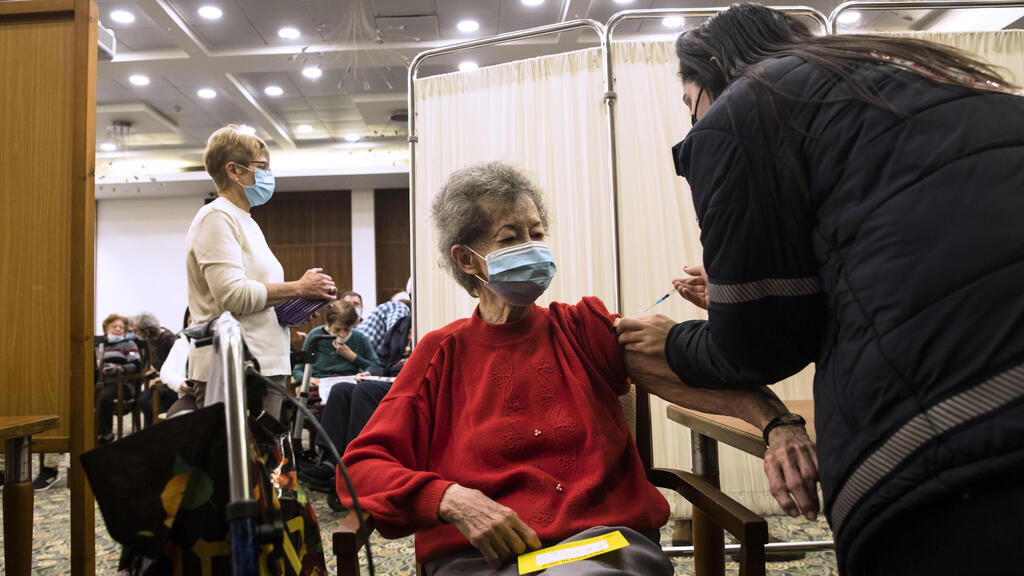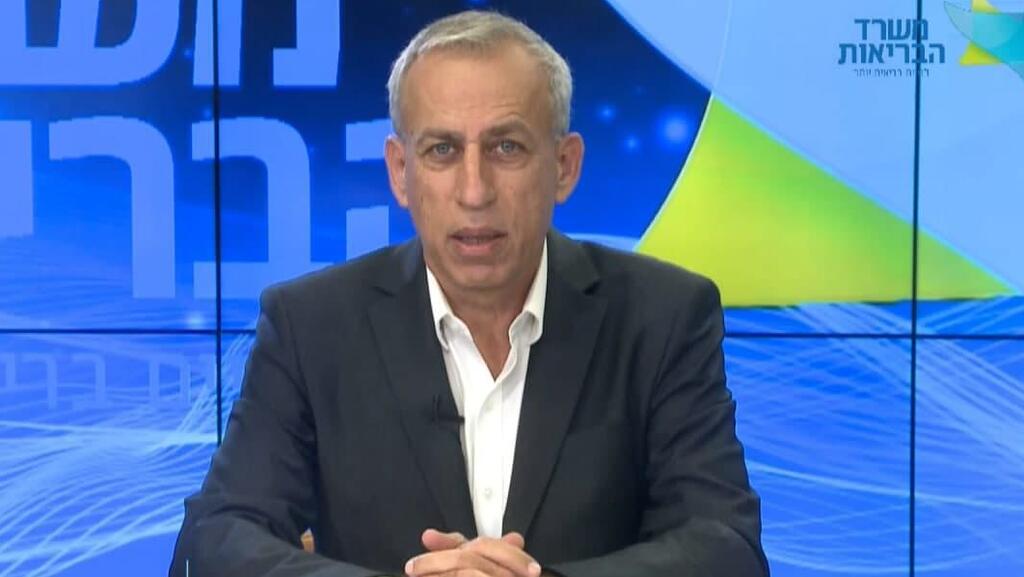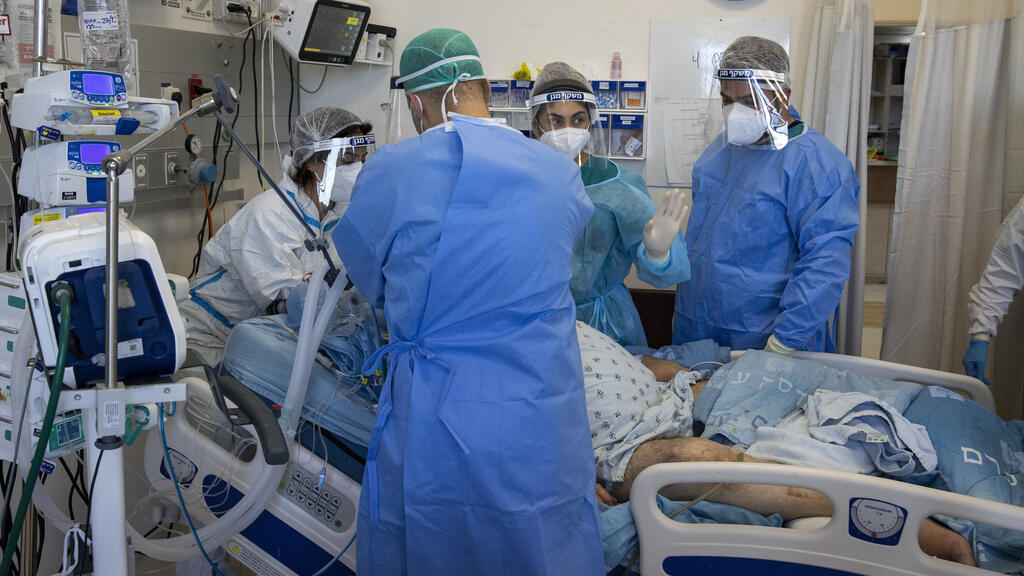Israel will continue to offer a fourth COVID-19 vaccine shot despite preliminary findings showing that it is not enough to prevent Omicron infections, a senior health official said on Tuesday, predicting contagions stoked by the variant will wane in a week.
Israel last month rolled out a fourth COVID shot for the at-risk population. Preliminary studies found the jabs increase antibodies to even higher levels than the third, but "probably" not enough to fend off the highly transmissible Omicron.
Health Ministry Director-General Nachman Ash described the findings as "unsurprising, to a degree" as Omicron infections had been logged in some people after they received fourth doses.
"But we assess that protection from serious morbidity, especially for the elderly and at-risk population, is still afforded by this vaccine (dose), and therefore I call on people to keep coming to get vaccinated," he said in an interview.
As elsewhere, Israel has seen COVID-19 cases spiral due to Omicron. But it has logged no deaths from the variant, and Ash said there has been no increase in the number of COVID-19 patients on ECMO machines - used for the most critical cases.
"In another week we will begin seeing a drop in the numbers, but we still have two or three difficult weeks ahead," he said.
Senior health expert Prof. Eran Segal from the Weizmann Institute, meanwhile, said on Monday that Israel ranks second in the number of daily verified per capita, just 10% below Ireland at first place.
4 View gallery


An elderly woman receiving the 4th COVID jab in the city of Tel Mond
(Photo: Getty Images)
Despite the surge in cases, Israel on Monday cut the mandatory quarantine period for COVID-19 carriers from seven to five days.
To husband PCRs and reduce queuing at public testing sites, it has encouraged more use of home antigen kits.
The Health Ministry has been issuing regular updates on COVID-19 in Israel but these have been disrupted since Sunday due to "major overloads on our computer systems".
Prime Minister Naftali Bennett said he expected the number of infections in Israel to begin dropping soon, "but we still have two or three difficult weeks ahead".
Briefing the World Economic Forum in Davos, Bennett said Israel was testing as many as 5% of its 9.4 million population for COVID-19 each day. "That's why the case numbers are so high, not because necessarily so many people are infected," he said.
"By doing these tests we can isolate folks and slow down the pace of infection," he said.




